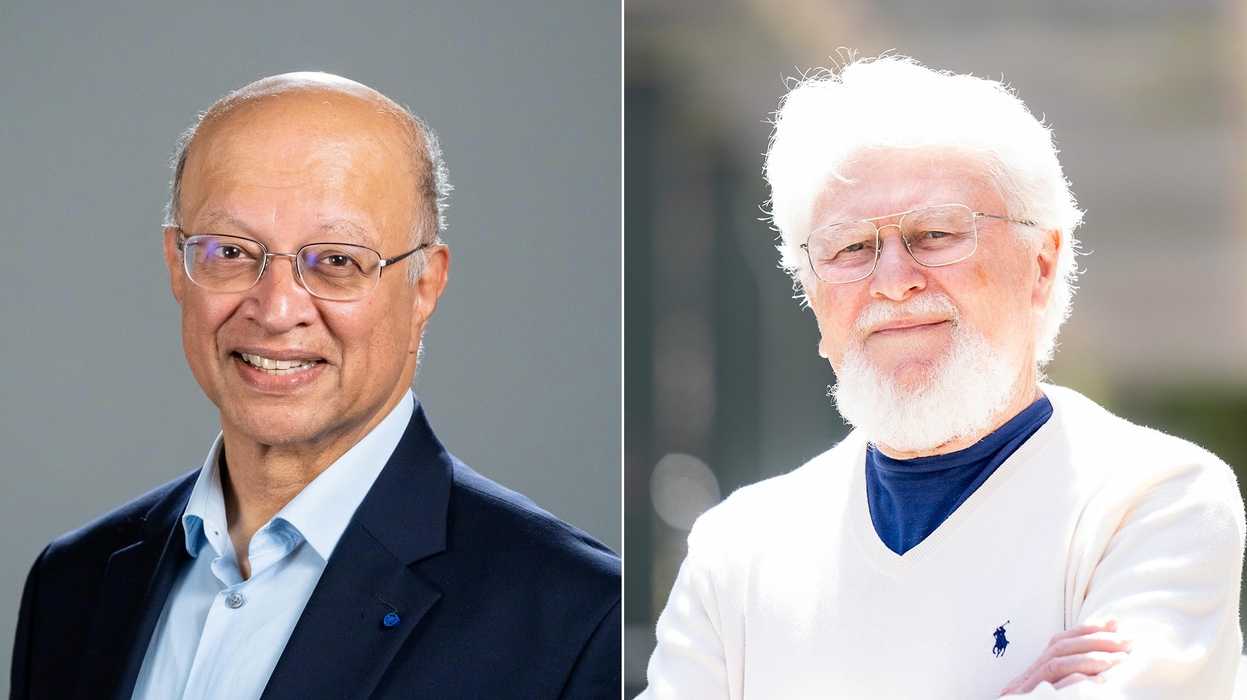Two UC Berkeley Engineers Elected to the National Academy of Inventors

UC Berkeley engineering professors Ashok Gadgil and Boris Rubinsky are among 162 inventors named 2023 fellows of the National Academy of Inventors (NAI), the organization announced today (Tuesday, Dec. 12). Election as a fellow in the academy is the highest professional distinction awarded solely to inventors.
"This year’s class of NAI Fellows showcases the caliber of researchers that are found within the innovation ecosystem. Each of these individuals are making significant contributions to both science and society through their work," said Paul R. Sanberg, president of the NAI, in a press release.
Since its inception in 2012, the NAI Fellows program has grown to include 1,898 exceptional researchers and innovators, who hold over 63,000 U.S. patents and 13,000 licensed technologies. NAI Fellows are known for the societal and economic impact of their inventions, contributing to major advancements in science and consumer technologies.
Ashok Gadgil, distinguished professor emeritus of civil and environmental engineering at Berkeley, has devoted his career to developing inexpensive new approaches to help meet the needs of low-resourced communities around the globe. He is best known for inventing safe drinking water technologies and fuel-efficient cookstoves. In October 2023, he was awarded the National Medal of Technology and Innovation by President Biden.
Boris Rubinsky, professor of bioengineering and mechanical engineering at Berkeley, has created a variety of new technologies in the fields of medicine and biomaterials. In addition to inventing a minimally invasive surgical technique called irreversible electroporation, he is known for his work in cryopreservation and the 3D printing of biomaterials. He is a fellow of the American Association for the Advancement of Science and the American Society of Mechanical Engineers.
